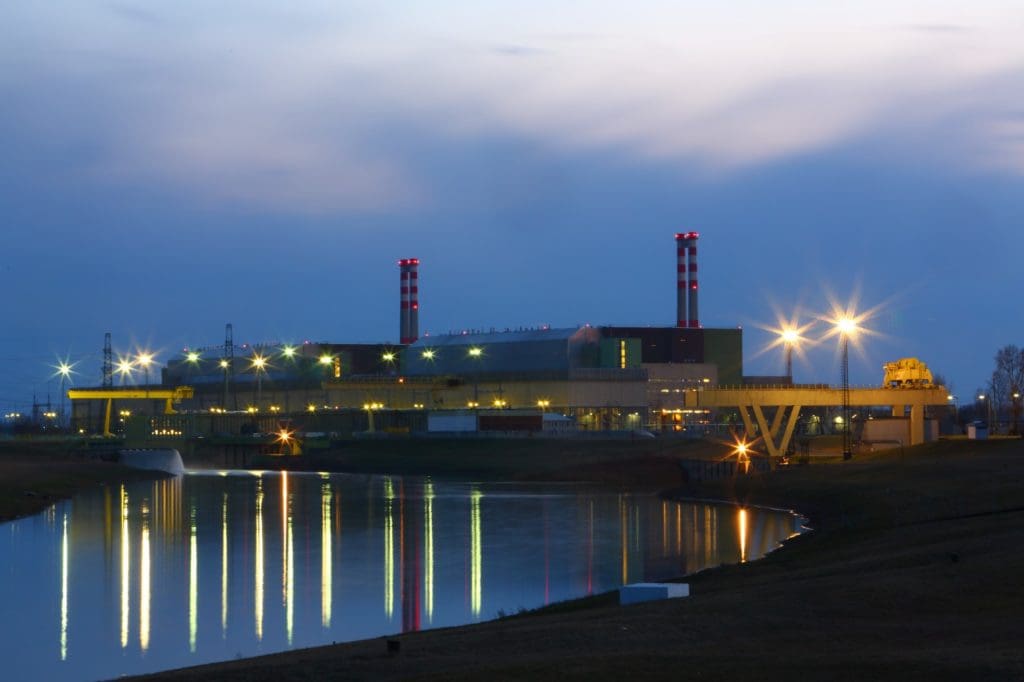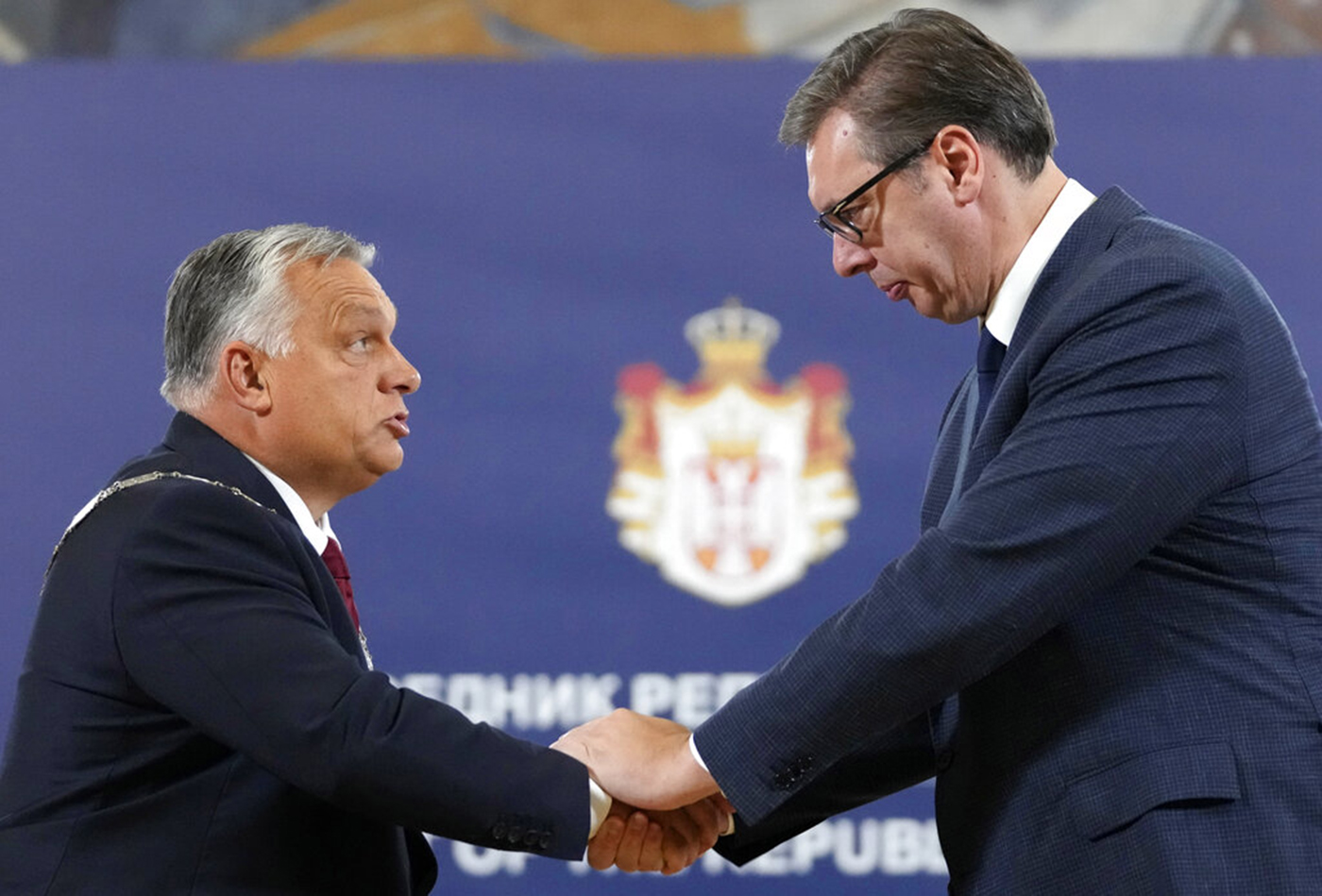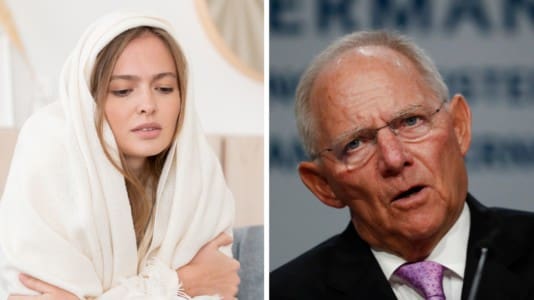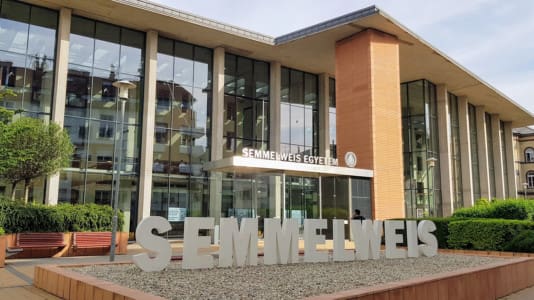Serbia wants to build an oil pipeline from its territory to the Hungarian border and is interested in purchasing a stake in Hungary’s only nuclear plant, Paks, Serbian President Aleksandar Vučić said in Belgrade.
Vučić’s televised address to the nation covered a wide range of topical issues, from Kosovo to energy. He said that, apart from this year, the next two winters will be extremely difficult for Serbia.
He noted that Serbia has a single oil pipeline to the Croatian island of Krk, but that “Croatia has proved to be an unreliable supplier in recent days,” according to the president, who referred to the fact that Zagreb had initiated the project. Serbia will also have problems receiving Russian oil since the country will not be exempt from EU oil sanctions. Vučić said that Belgrade “got the message” that Russia will also not be able to supply enough gas to the country, which means Serbia is forced to diversify its supply.
“Serbia will build an oil pipeline from the city of Novi Sad (Újvidék) in northern Serbia to the Hungarian border to connect to the Hungarian oil pipelines,” Vucic said, adding that the investment could cost around €100 million and take 18 to 24 months to build.
The president said his country planned to invest at least €12 billion in energy infrastructure over the next six years.

“We are also in talks with Hungary to further strengthen our relations so that Serbia would become a co-owner of the Paks I and Paks II nuclear power plants,” Vucic said, adding that his country would either buy the stakes or ensure proportional Hungarian ownership in Serbian companies.
Hungarian Prime Minister Viktor Orbán and Russian President Vladimir Putin signed an agreement in 2014 that Russia’s state-owned Rosatom company would expand the current 2,000 megawatts capacity of the Paks nulcear plant completed in 1987 by the then Soviet Union with two new reactors with a combined capacity of 1,200 megawatts.
Although the exact financial details of the transaction remain classified, the expansion is expected to cost €12 billion, most of it financed by a Russian loan.






